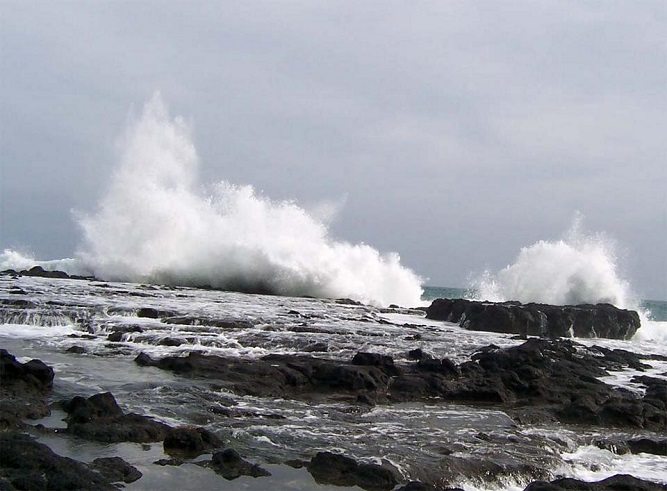
Touted prominently this summer is news and educational information about current Eastern coastal algae blooms and flesh-eating bacteria. Many beaches have been closed due to high risk of infection or death.
Ecowatch.com in June shared: “Vibrio vulnificus is an ‘opportunistic pathogen’ … The bacteria thrive in warm salty and brackish waters and enter humans either through breaks in the skin or after being consumed with raw seafood. Up to one-third of people with vibrio vulnificus will die from the infection, which can cause a flesh-eating and commonly fatal bacteria known as necrotizing fasciitis.”
The Centers for Disease Control and Prevention lists necrotizing fasciitis as rare, but also notes that 700 to 1,200 cases are diagnosed annually in the United States.
Those with immune-compromised bodies are often most affected by flesh-eating bacteria, reported NBC News July 1. Individuals with such health conditions as diabetes, kidney disease, liver disease and cancer are especially susceptible. The report further shared that early symptoms include:
‒ Changes in skin color
‒ A rapidly spreading inflamed or swollen area of the skin
‒ Severe pain, including pain beyond the area of the skin that is red or swollen
‒ Fever
Although many beaches are closed, Dr. Manuel Gordillo, medical director of Sarasota Memorial Hospital’s Infection Prevention and Control Department and a specialist with Infectious Disease Associates of Sarasota, Florida, shared recently through smh.com that people should not avoid beaches altogether this summer.
“In most healthy people, the bacteria is harmless or can cause minor infection to cuts or punctures suffered in salt water,” he said. “If you have a cut, burn or other wound, consider staying out of the water until it heals, or protect the wound site from direct contact with water. The bacteria can enter through a break in the skin and cause infection.
“If you think you have a wound that has become infected, seek medical attention immediately.”
